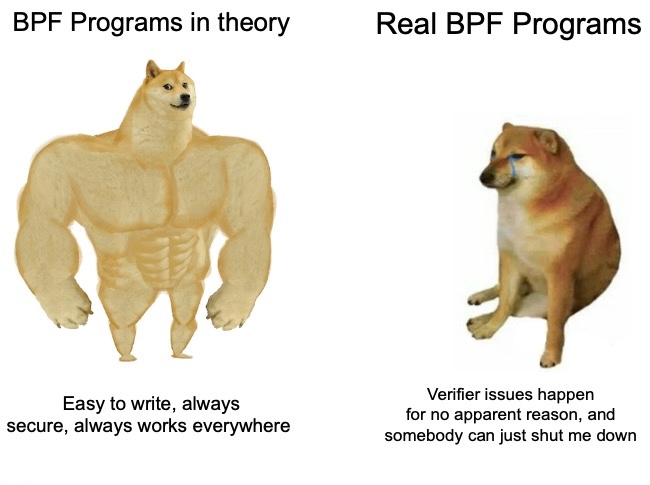If you frequently work on data collection, account management, or automation tasks, CAPTCHA is an unavoidable topic. Those constantly popping up image verifications, rotating CAPTCHAs, and pages requiring you to click "I'm human" are not only time-consuming but also severely disruptive to workflows. For many developers and marketing teams, these verification mechanisms are practically the enemy of efficiency. In this situation, a residential proxy(https://www.thordata.com/products/residential-proxies) becomes a key tool for overcoming CAPTCHA restrictions. By using distributed, real-world home network IP addresses, we can effectively reduce the probability of triggering CAPTCHA, making system requests more natural and secure.
Why CAPTCHA Arises
CAPTCHA (the fully automated Turing test that distinguishes between computers and humans) was originally designed with a simple purpose—to prevent automated programs from abusing website resources. However, in practice, it often mistakenly penalizes ordinary users. Many websites don't target a single IP address but use complex behavioral recognition algorithms to determine whether a visitor is a "bot." When the system detects abnormal traffic or frequent requests, it triggers CAPTCHA verification.
Common scenarios that trigger CAPTCHA include:
High-frequency access or batch requests: When the same IP accesses multiple pages or interfaces within a short period, the website will consider it a web crawler scraping data.
Shared or data center IPs: Requests using ordinary proxies or data center IPs often originate from the same server segment, making them easily flagged as suspicious traffic by website security systems.
Repeated browsing behavior: Automated scripts performing similar operations, such as repeatedly logging in, refreshing pages, or submitting forms, will be judged as non-human behavior by the CAPTCHA system.
While these mechanisms protect websites from abuse, they often mean additional trouble and delays for legitimate users.
How Residential Proxies Help Bypass CAPTCHA
Residential proxies access websites using IPs assigned by a real home network, making the website believe the requests originate from a regular user, not a data center. Unlike traditional proxies, they utilize IP addresses assigned by a real ISP, thus offering greater "credibility" at the identification level. Here are the key roles residential proxies play in reducing CAPTCHA interference:
Simulating Real User Behavior: Each residential proxy IP represents a real geographical location, which websites recognize as legitimate traffic, reducing the probability of triggering verification.
Distributing Access Pressure: Using a multi-node proxy allows requests to be distributed across different regions and network segments, preventing a single IP from being blocked due to frequent requests.
Enhancing Anonymity and Security: High-quality residential proxies not only hide the real IP but also encrypt transmissions, protecting user privacy during automated tasks or login operations.
Adapting to Complex Tasks: For scenarios such as data scraping, account management, and SEO analysis, residential proxies can maintain stable connections, preventing task interruptions or retries.
Setup Overview:
Choose a high-quality residential proxy provider and obtain the IP, port, username, and password;
Configure the proxy in your automation tools or browser proxy plugins;
Adjust request frequency and concurrency to maintain natural traffic characteristics;
Monitor proxy performance and regularly replace overused nodes.
By following these steps, the number of times you are asked to enter CAPTCHA when visiting websites will be significantly reduced, and task execution efficiency will be significantly improved.
.png)



